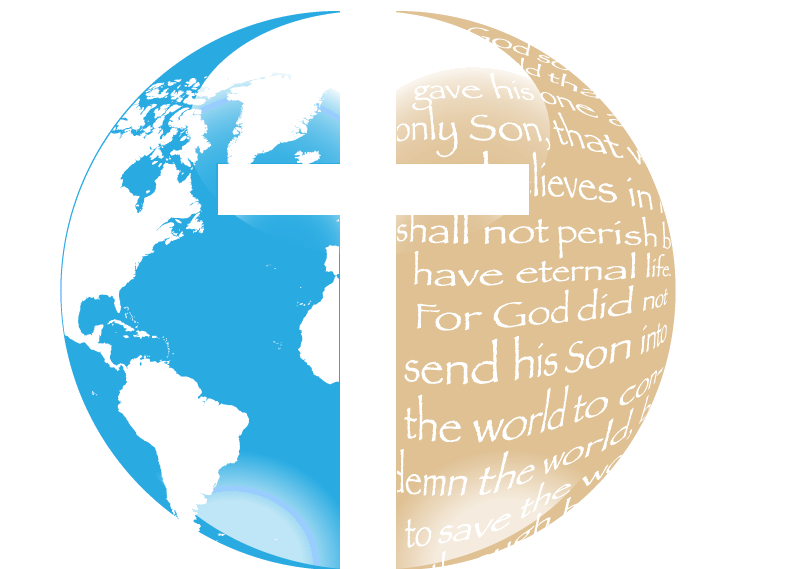The eternal consequence of the new covenant
Therefore, he is the mediator of a new covenant, so that those who are called might receive the promise of the eternal inheritance, because a death has taken place for redemption from the transgressions committed under the first covenant. Where a will exists, the death of the one who made it must be established. For a will is valid only when people die, since it is never in effect while the one who made it is living. That is why even the first covenant was inaugurated with blood. Hebrews 9:15-18 CSB
The old covenant did not have the ability to remove the guilty sentence of God’s judgment upon man. Yet, through Christ’s death on the cross, establishing the new covenant, redemption was provided “from the transgressions committed under the first covenant.” Because of this act, Christ became the “mediator of a new covenant,” paying the penalty for sin through His death, taking the judgment of God upon Himself. Cleansing from sin did not come from the sacrifice of animals, but through the perfect sacrifice of Jesus Christ. Now, believers in Him, those who “are called might receive the promise of the eternal inheritance,” eternity in paradise, heaven. Verses 16 through 18 talk about how the covenant could only be done through His death. The Greek word for covenant here is “diatheke” which can also mean “will.” A will only works after the testator had passed away. The inheritance or promise of the new covenant could only be valid after the one who established it, Jesus Christ, had died. Verse 18 can refer back to Exodus 24:8 which reads, “Moses took the blood, splattered it on the people, and said, “This is the blood of the covenant that the Lord has made with you concerning all these words.” The first covenant was sealed with blood. This would point to the new covenant with Christ’s death on the cross, the pouring out of His blood. Jesus alludes to this at the last supper, establishing the ordinance of the Lord’s Supper which every believer partakes in remembrance in Luke 22:19-20, “‘And he took bread, gave thanks, broke it, gave it to them, and said, ‘This is my body, which is given for you. Do this in remembrance of me.’” In the same way he also took the cup after supper and said, ‘This cup is the new covenant in my blood, which is poured out for you.’” The Lord Jesus Christ validated the sufficiency of His death on the cross to pay the penalty for sin, thus removing guilt in the conscience of repentant sinners through the celebration of the Passover. Every time believers partake of the elements of the Lord’s Supper, they are to recall the amazing inheritance of eternal life provided to them through Christ’s death on the cross. Therefore, let us live our lives as an expression of our gratefulness to what Christ had accomplished at the cross for His gift of grace has eternal consequence.
Blessings,
Isaac De Guzman



Comments